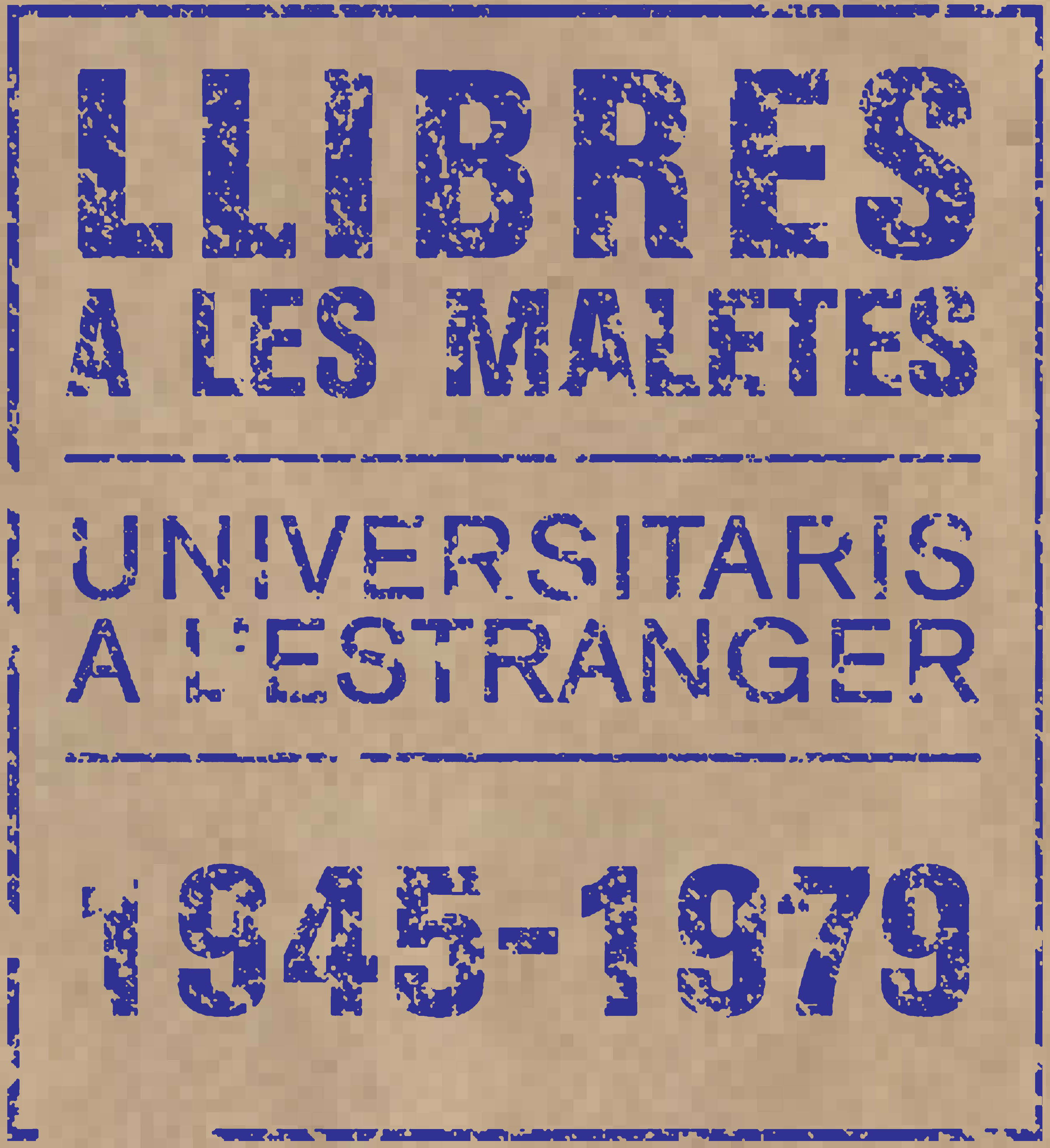
Introduction
Travelling and learning have gone historically hand in hand. But studying abroad in the late Francoist Spain and the beginning of democracy was not as usual as it is now. This exhibition aims to highlight the work done by a group of professors from the University of Valencia who, at some point in their lives (during 1945-1979), had the opportunity to gain knowledge through international trips.
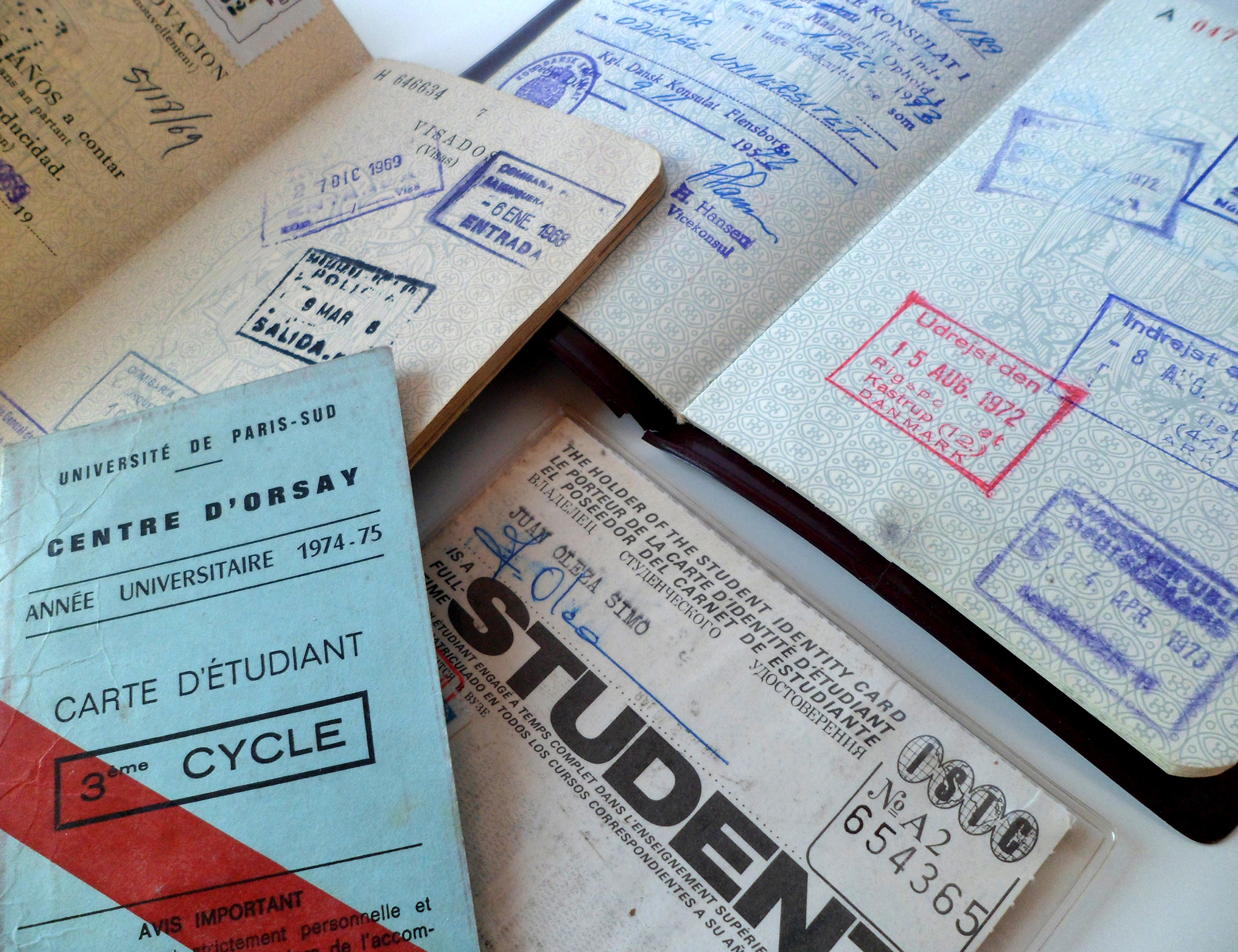
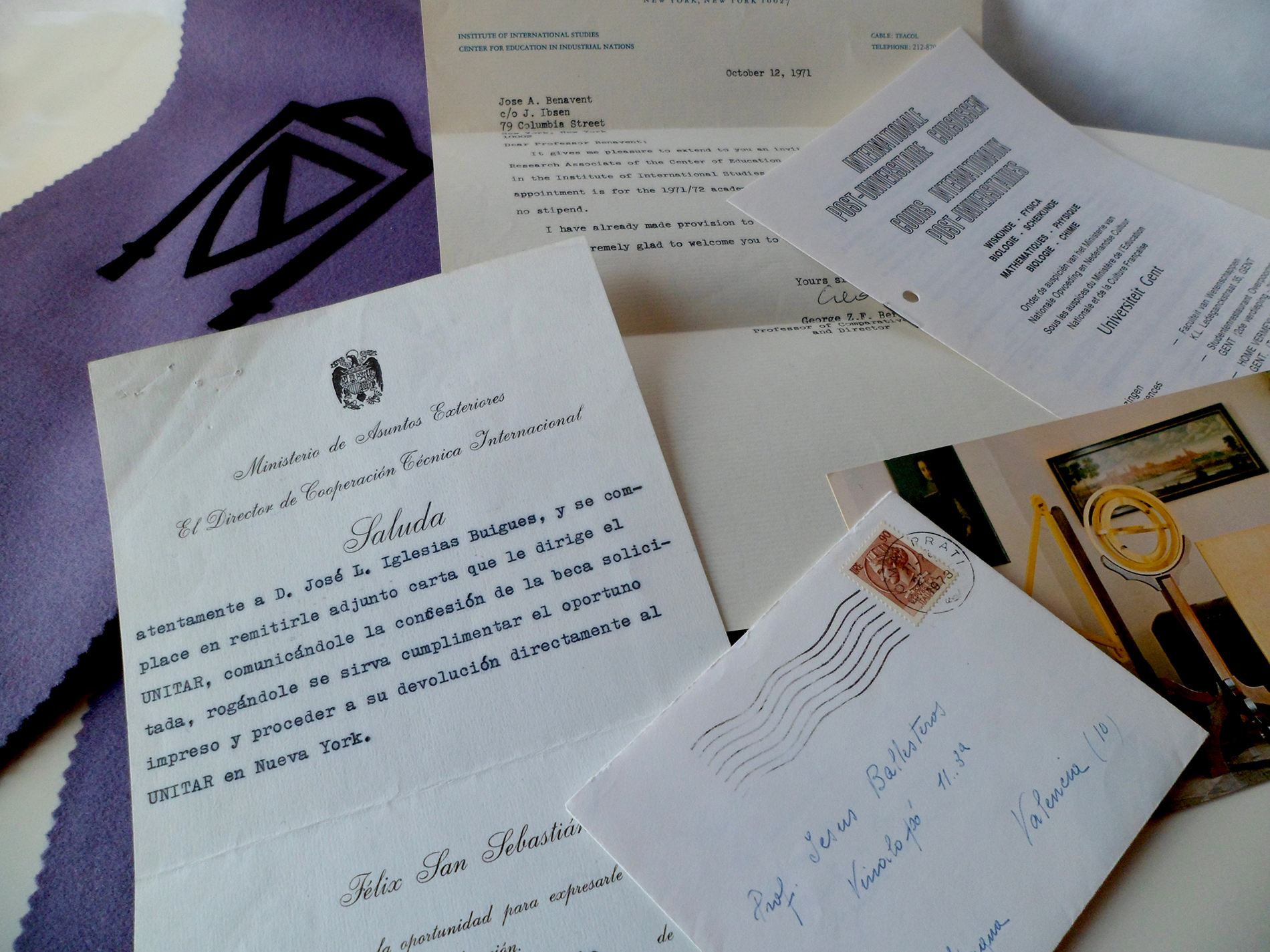
correspondence and other documents related to international education.
The time space object of our analysis, has been established between 1945 and 1979, meeting with the Francoist period and the beginning of the democratic transition, until the adoption of the Constitution the 29 December 1978. The period of time is very extensive, but provides a wide perspective of the university and observes how this openness began little by little.
Based on the “Ley sobre estructura de las Facultades Universitarias y de su profesorado” 17 July 1965, there is a numerical progression of the trips of the different researchers’ generations. Culturally, from 1965, people lived in a transformation regime, even if the political transition would not occur in our country until late 1975.
The exhibition is organised around a series of interviews to 24 professors, who are representatives of the different areas of the university:
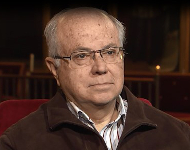
José Adolfo de Azcárraga, Full-University Professor of Theoretical Physics
England (Cambridge), 1972 - 1976
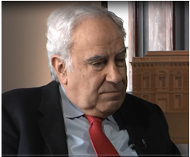
Jesús Ballesteros, Full-University Professor of Legal Philosophy
Italy (Roma), 1967
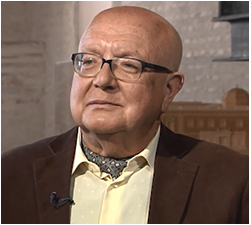
José Antonio Benavent, Tenured University Professor of Didactics and Scholastic Organization
USA (New York), 1971 - 1972
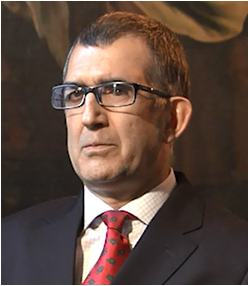
Emiliano Borja, Full-University Professor of Criminal Law, pupil of J. R. Casabó
Germany 1965 - 1968 (these dates correspond to Casabó)
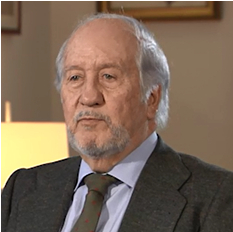
Rafael Carmena, Full University Professor of Medicine
Germany (Freiburg im Breisgau), 1964 and USA (Minnesota), 1965 - 1971
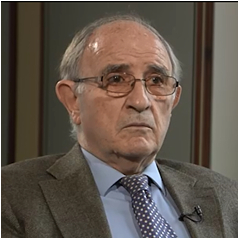
Fernando Cervera, Full-University Professor of Financial Law
Germany (Munich), 1965
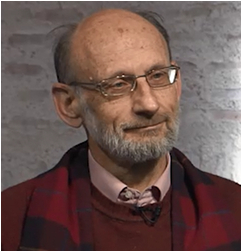
Jesús Conill, Full-University Professor of Moral Philosophy and Politics
Germany (Munich), 1972
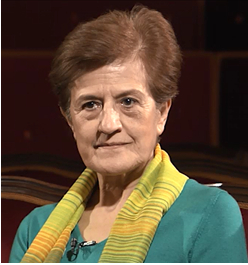
Adela Cortina, Full-University Professor of Moral Philosophy and Politics
Germany (Munich), 1977
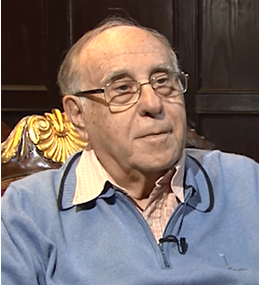
José Vicente Díaz, Tenured University Professor of Behavioural Sciences Methodology
Dominican Republic, Nicaragua and Costa Rica, 1962 - 1988
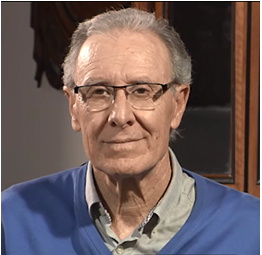
Manuel García, Full University Professor of Sociology and Social Anthropology
USA (Mississipi and Florida), 1968 - 1970
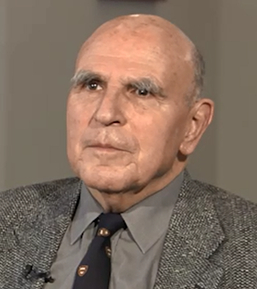
Albert Hauf, Full-University Professor of Catalan Language Studies
Wales (Cardiff), 1964 - 1987
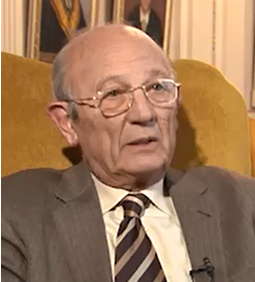
José Luis Iglesias, Full-University Professor of Private International Law
France (Paris), 1962 - 1965 and USA (New York), 1969
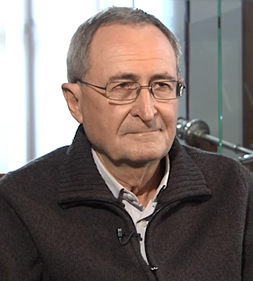
Ramón Lapiedra, Full-University Professor of Astronomy and Astrophysics
France (Paris), 1966 - 1969
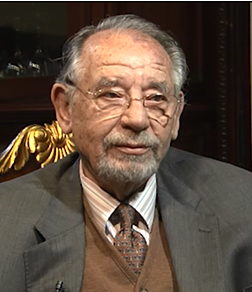
Julio Marín, Full University Professor of Medicine
France (Nancy), 1971
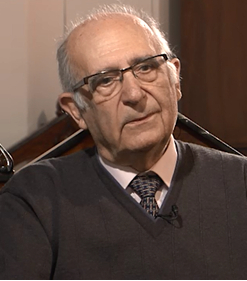
Antonio Mestre, Full-University Professor of Modern History
Italy (Rome), 1961 - 1966
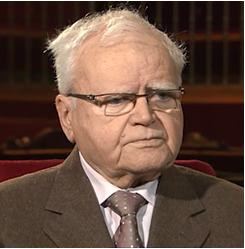
Carlos Mínguez, Tenured University Professor of Philosophy
Germany (Dusseldorf), 1956; Poland (Warsaw), 1974 and Belgium (Ghent), 1977
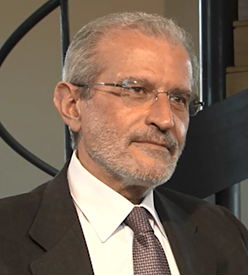
Esteban Morcillo, Full-University Professor of Pharmacology
USA (Baltimore and Michigan), 1976 - 1977
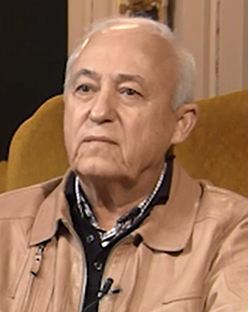
Joan Oleza, Full-University Professor of Spanish Language Studies
Denmark (Odense), 1972 - 1974
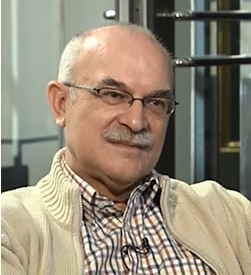
Alfredo Segura, Full-University Professor of Applied Physics and Electromagnetism
France (Paris), 1974 - 1978
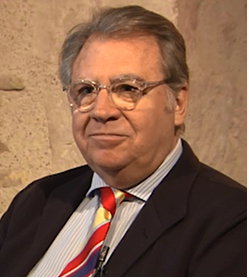
Jaime Siles, Full-University Professor of Clasical Languages
Germany (Tübingen and Cologne), 1974 - 1976
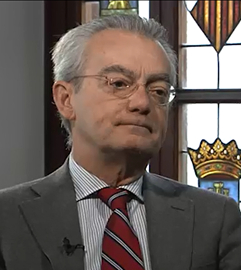
Antonio Sotillo, Tenured University Professor of Mercantile Law
Italy (Bologna), 1975 - 1976
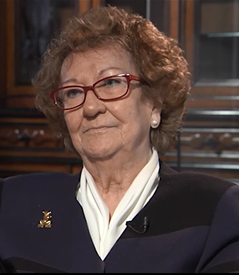
M. Luz Terrada, Full-University Professor of Science and Documentation
Germany (Munich, Heidelberg and Bonn), 1968 and France (Paris), 1970
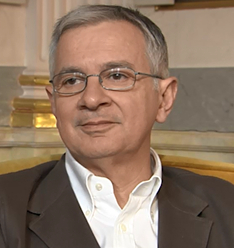
Juan Viña, Full-University Professor of Biochemistry and Molecular Biology
England (Oxford), 1978 - 1979
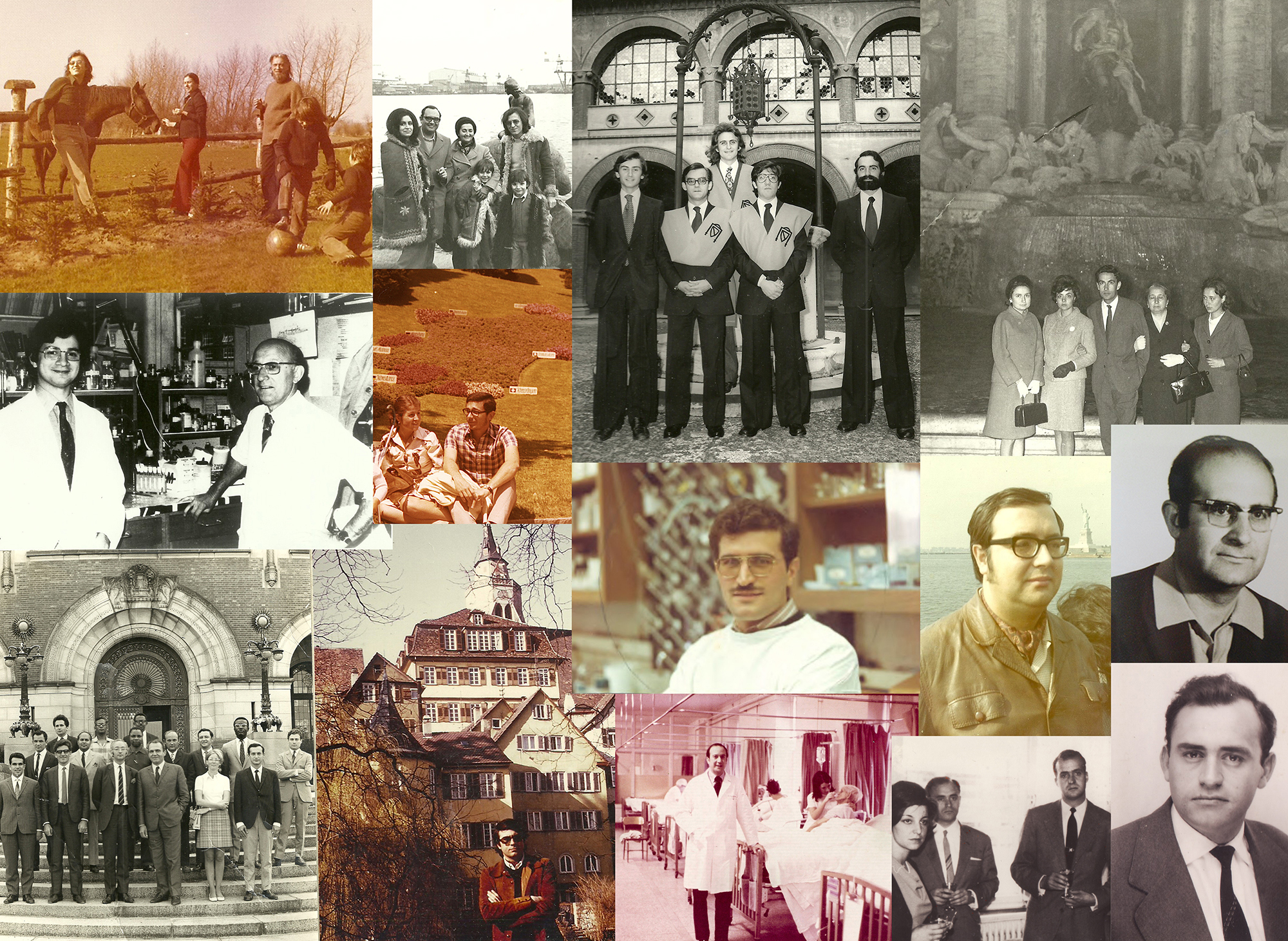
Some of the professors during their international stay.
From top to bottom and form left to right: Joan Oleza (Denmark), Antonio Sotillo (Italy), Jesús Ballesteros (Italy); Juan Viña (England), Javier Boix (Germany) , Esteban Morcillo (USA), José Antonio Benavent (USA), Antonio Mestre (Italy), José Luis Iglesias (France), Jaime Siles (Germany), Rafael Carmena (USA), José Ramón Casabó (Germany).
Thanks to their testimony, we can get to know first-hand how they lived significant events like May ‘68 in France or the protests against the Vietnam War in the USA. In their narrations they bring us closer to topics as varied as the following: the view that people had of Spain and the situation of each destination country; teaching methods more practical and critics; the possibility of opening new research lines; raising of political concerns as a result of the contact with other ideological realities; the active participation in the cultural world; the contact with new technologies; the difficult access of women to these opportunities, etc.
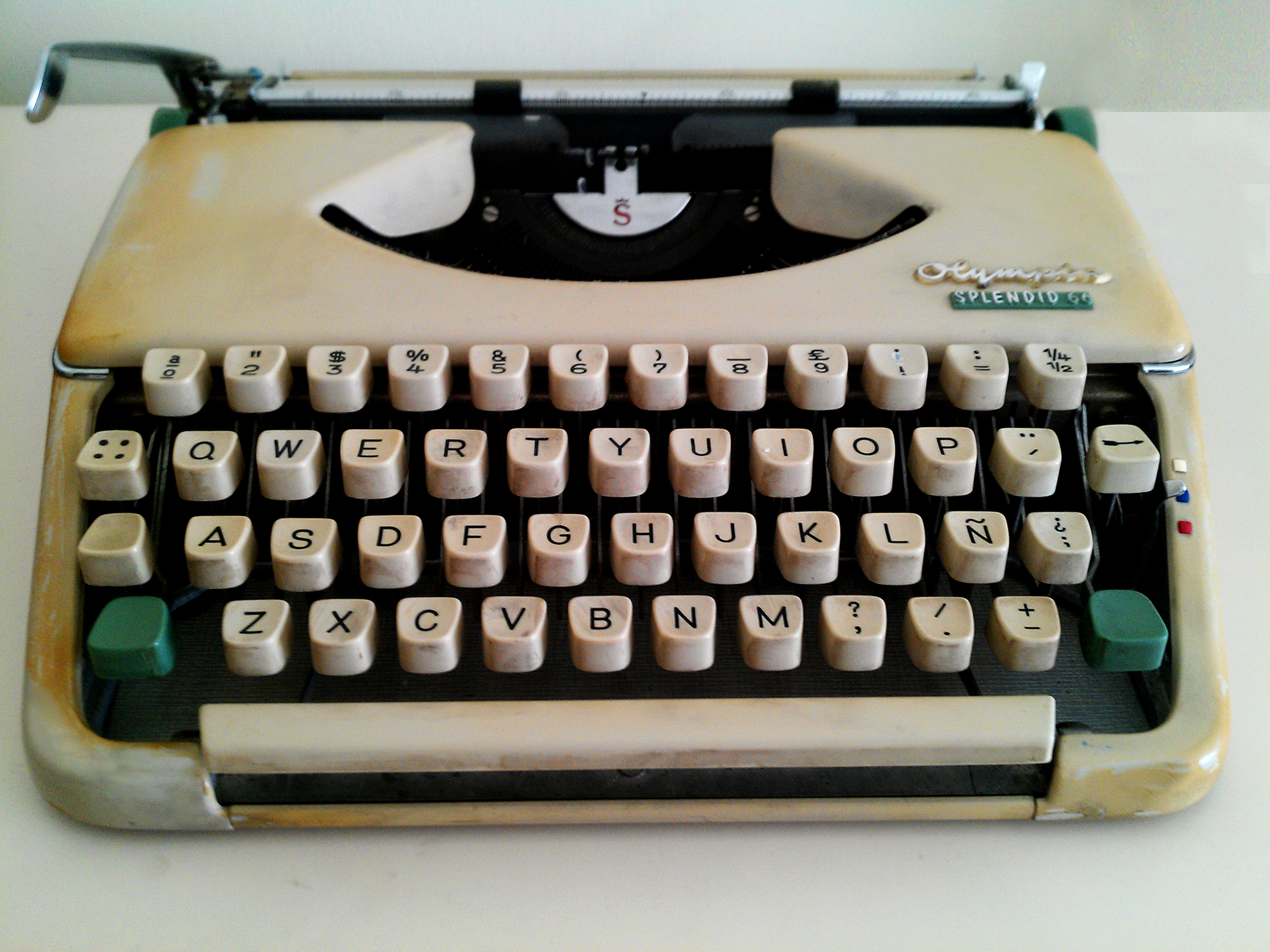
Els viatges a l'estranger eren font de coneixements, però també possibilitaren l'accés a tecnologies absents a Espanya.
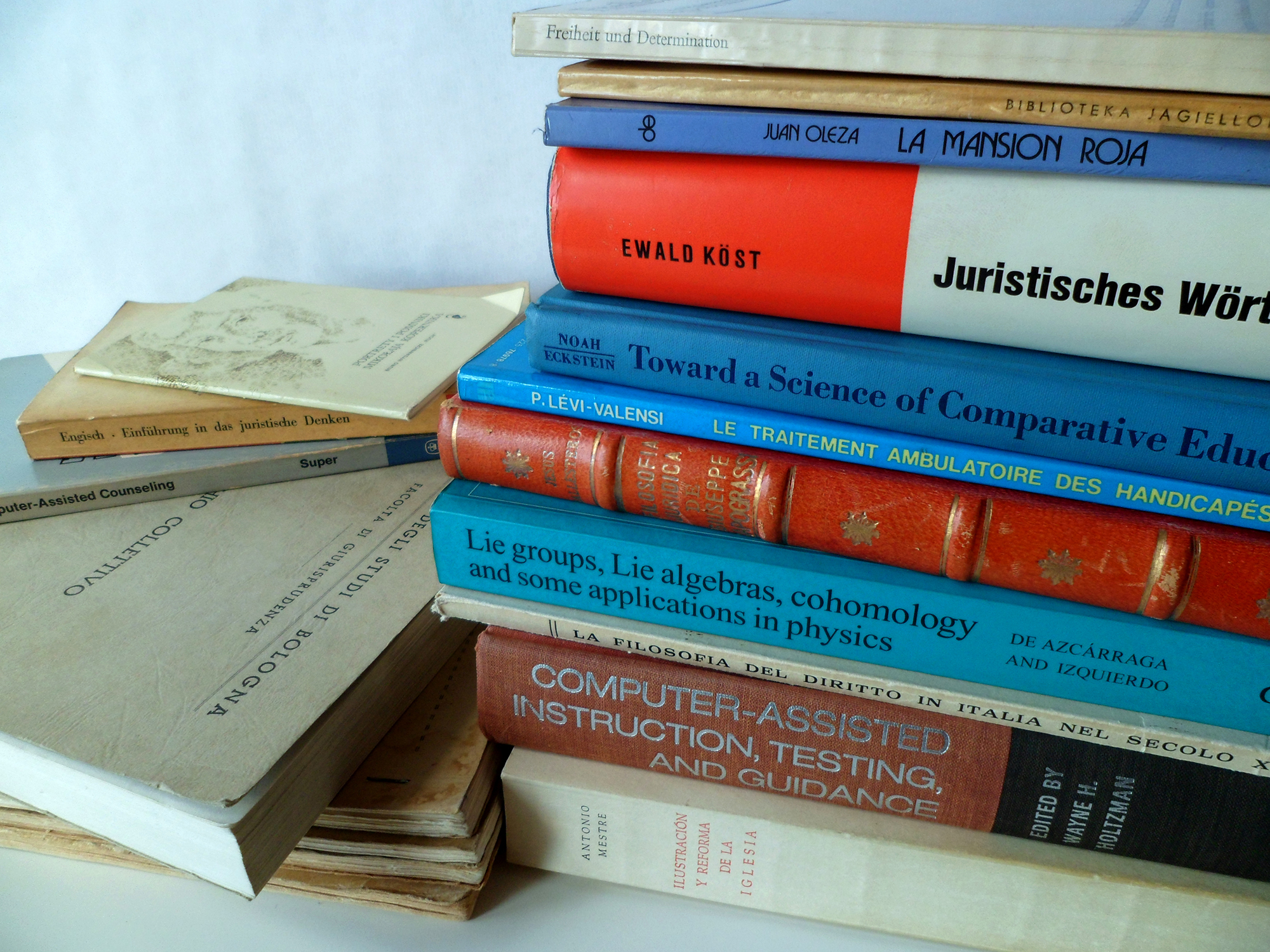
Les eixides marcaren profundament la trajectòria acadèmica i introduïren noves línies d'investigació. Llibres adquirits a l'estranger i publicacions fetes arran de les estades.
To complement the audio-visuals, we offer visitors the opportunity of getting closer to these experiences through a set of materials of that time, mainly borrowed from professors of the university. Different objects that contextualise the topic are shown, emphasising primarily the idea of mobility and exchange: photographs, passports, postcards, documents, books, “new technology” acquired in the destination countries as for example photo cameras, typewriters, radios…
Therefore, our communicative strategy is the expanded documentary, a hybrid product with a variety of narrations that combines the video, photograph, text, information technology and the facilities. In this way, the spectator can have random access to the information and complement it through the online material available with more extensive interviews.
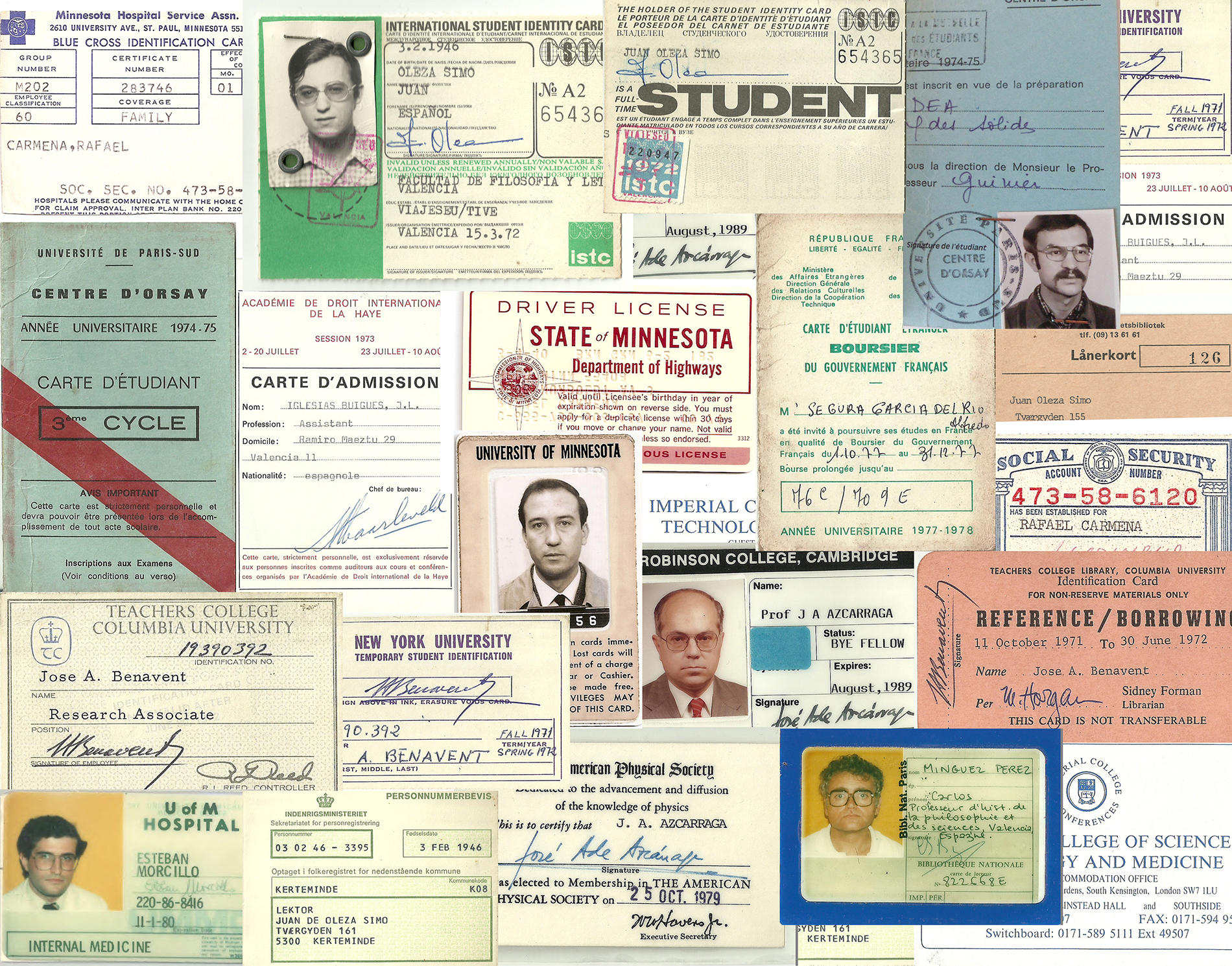
Researchers’ cards and other credentials
 |
José Adolfo de Azcárraga, Full-University Professor of Theoretical Physics
England (Cambridge), 1972 - 1976
|
 |
Jesús Ballesteros, Full-University Professor of Legal Philosophy
Italy (Roma), 1967
|
 |
José Antonio Benavent, Tenured University Professor of Didactics and Scholastic Organization
USA (New York), 1971 - 1972
|
 |
Emiliano Borja, Full-University Professor of Criminal Law, pupil of J. R. Casabó
Germany 1965 - 1968 (these dates correspond to Casabó)
|
 |
Rafael Carmena, Full University Professor of Medicine
Germany (Freiburg im Breisgau), 1964 and USA (Minnesota), 1965 - 1971
|
 |
Fernando Cervera, Full-University Professor of Financial Law
Germany (Munich), 1965
|
 |
Jesús Conill, Full-University Professor of Moral Philosophy and Politics
Germany (Munich), 1972
|
 |
Adela Cortina, Full-University Professor of Moral Philosophy and Politics
Germany (Munich), 1977
|
 |
José Vicente Díaz, Tenured University Professor of Behavioural Sciences Methodology
Dominican Republic, Nicaragua and Costa Rica, 1962 - 1988
|
 |
Manuel García, Full University Professor of Sociology and Social Anthropology
USA (Mississipi and Florida), 1968 - 1970
|
 |
Albert Hauf, Full-University Professor of Catalan Language Studies
Wales (Cardiff), 1964 - 1987
|
 |
José Luis Iglesias, Full-University Professor of Private International Law
France (Paris), 1962 - 1965 and USA (New York), 1969
|
 |
Ramón Lapiedra, Full-University Professor of Astronomy and Astrophysics
France (Paris), 1966 - 1969
|
 |
Julio Marín, Full University Professor of Medicine
France (Nancy), 1971
|
 |
Antonio Mestre, Full-University Professor of Modern History
Italy (Rome), 1961 - 1966
|
 |
Carlos Mínguez, Tenured University Professor of Philosophy
Germany (Dusseldorf), 1956; Poland (Warsaw), 1974 and Belgium (Ghent), 1977
|
 |
Esteban Morcillo, Full-University Professor of Pharmacology
USA (Baltimore and Michigan), 1976 - 1977
|
 |
Joan Oleza, Full-University Professor of Spanish Language Studies
Denmark (Odense), 1972 - 1974
|
 |
Alfredo Segura, Full-University Professor of Applied Physics and Electromagnetism
France (Paris), 1974 - 1978
|
 |
Jaime Siles, Full-University Professor of Clasical Languages
Germany (Tübingen and Cologne), 1974 - 1976
|
 |
Antonio Sotillo, Tenured University Professor of Mercantile Law
Italy (Bologna), 1975 - 1976
|
 |
M. Luz Terrada, Full-University Professor of Science and Documentation
Germany (Munich, Heidelberg and Bonn), 1968 and France (Paris), 1970
|
 |
Juan Viña, Full-University Professor of Biochemistry and Molecular Biology
England (Oxford), 1978 - 1979
|
|
Some of the professors during their international stay.
|
|
|
|

Researchers’ cards and other credentials
With this exhibition the university is recognised as a pioneer institution in its way of acting in a period of repression, but the people behind such an evolution are also valued, emphasising the value of the oral memory.
These professors opened their horizons, they were imbued of new thoughts, and they were trained in the respect and plurality. With their concerns they established the precedent of the spirit of mobility for the future Erasmus project. Thanks to their contribution, the university was invigorated and became democratic.
They fought for their ideals, for changing a system with which they disagreed, and showed with their experiences that there should not be barriers neither in learning nor in life.
Current generations have the responsibility of continuing with this critical spirit.
They were the fathers of the university openness.











